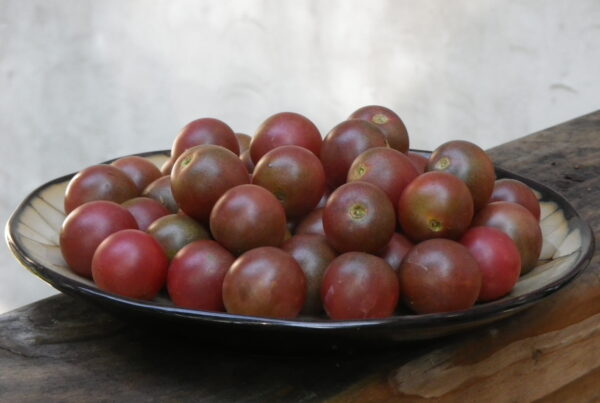USDA NRCS’s Regional Conservation Partnership Proposal: Funding opportunity includes both traditional and alternative funding arrangements. Proposals are due April 13th.
National Fish and Wildlife Foundation (NFWF) Small Watershed Grants: Proposals are due April 21st.
Conservation Reserve Program (CRP) – for farmers and landowners
RFAs for General, Grasslands, and Continuous CRP are all open. Through CRP agricultural producers and landowners may enter long-term rental agreements to protect soil, water quality, and habitat by removing highly-erodible or environmentally sensitive land from agricultural production. General CRP signup Jan. 31, 2022 to March 11, 2022. Grassland CRP April 4, 2022 to May 13, 2022. Continuous CRP Signup is ongoing. Producers interested in enrolling in CRP should contact the FSA office at their local USDA Service Center.
USDA Grants for Climate Smart Commodities – wide range of entities eligible
USDA will finance $1 billion in grants for projects to support production and marketing of commodities produced using climate-smart production practices via a set of pilot projects lasting one to five years through the Partnerships for Climate Smart Commodities. Pilots will provide technical and financial assistance to producers who implement climate-smart practices on a voluntary basis on working lands; pilot innovative and cost-effective methods for quantification, monitoring, reporting and verification of greenhouse gas benefits; and market the resulting climate-smart commodities. The program will be broadly inclusive of small and underserved producers and prioritize early adopters. Funding provided in two pools:
- Large-scale proposals from $5 million – $100 million due April 8, 2022
- Proposal from $250,000 – $5 million are May 27, 2022
Producers with Crop Insurance to Receive Premium Benefit for Cover Crops
Agricultural producers who have coverage under most crop insurance policies are eligible for a premium benefit from USDA if they planted cover crops during the 2022 crop year. To receive the benefit from this year’s Pandemic Cover Crop Program (PCCP), producers must report cover crop acreage by March 15, 2022. PCCP helps farmers maintain their cover crop systems, despite the financial challenges posed by the pandemic. PCCP provides premium support to producers who insured their crop with most insurance policies and planted a qualifying cover crop during the 2022 crop year. The premium support is $5 per acre, but no more than the full premium amount owed.
Virginia Tech Seeks Landowners to Participate in Agroforestry Implementation Program
Through the Catalyzing Agroforestry Grants Program, Virginia Tech is offering costshare support payments and technical assistance for project design and planning to farmers who implement agroforestry pplications like silvopasture and forest farming that mitigate climate change. The project will provide up to $1,500 per acre for silvopasture implementation and up to $1,000 per quarter-acre for forest farming implementation, depending on project scale. Producers who receive support in years one and two will share successes and lessons learned onsite with their peers and other interested stakeholders. For more information https://www.appalachianforestfarmers.org/emef. Contact Program Director John Munsel jfmunsel@vt.edu.
USDA Resource Guide for Rural Entrepreneurs
USDA offers a resource guide to help people in rural America start and grow businesses, create good-paying jobs in their communities and strengthen America’s economy. Full news release here.
USDA Announces Historic Equity Commission Members and Subcommittee for Agriculture
The 15-member commission and its Subcommittee on Agriculture will provide recommendations to the Secretary on policies, programs, and actions needed to address equity issues, including racial equity issues, within the Department and its programs, including strengthening accountability and providing recommendations to the Secretary on broader and more systemic equity issues at USDA. Click here to view the new commission members.






